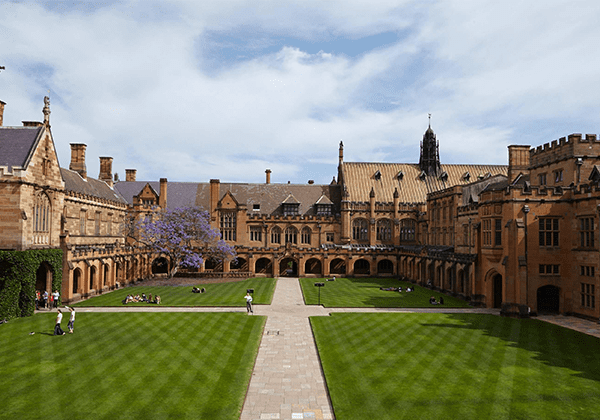The University of Sydney has received an exemption order from state anti-discrimination legislation for its recently unveiled Sydney International Student Award.
The award grants a 20% discount on eligible applicants’ tuition fees for the duration of their degree, subject to a short personal statement. However eligibility is restricted to selected countries that the university deems as having ‘strategic importance.’
The award excludes a significant proportion of existing and prospective international students, including those from China, Japan, Nepal, Myanmar, Philippines, Pakistan, European, North American and most Middle Eastern countries.
Without the exemption, it would be unlawful for the University to deny or limit students’ educational opportunities such a basis.
Exemption orders under the Anti-Discrimination Act are traditionally uncontroversial, being regularly used to provide affirmative action programs and aid for specific communities.
However, the University’s international engagement strategy mirrors the Federal Government’s calls for a ‘diversification’ of Australian universities’ target countries.
Unlike comparable schemes such as the Sydney Scholars India Scholarship Program, the Award is not openly advertised on USyd’s General Scholarships (International) website.
While rival institutions across the country have similarly implemented international fee discounts, including Western Sydney University, Swinburne Institute of Technology and the University of Queensland, the Sydney International Student Award is available to a substantially smaller pool of eligible students.
In response to questions raised over the limited number of nationalities covered and the transparency of the Award, Tim Field, Director (International) at the University said: “[W]e don’t believe that the approach to target diversity from a business imperative is anti-discriminatory.”
He pointed to the fact that prospective students from other nationalities have access to scholarships such as the Vice Chancellor’s International Scholarship — which has a maximum award value of $20,000.”
“I have included [these countries] in the request as I would like to build some programs specifically for those countries during the period of cover but in order to do so I have to seek approval and funding.”
Field denied that the International Student Award was linked to COVID.“It is linked to our strategy to improve representation from some groups that are underrepresented and the counties listed in the Award are the current focus.”
The SRC International Officers condemned the selective nature of the Sydney International Student Award, saying in a collective statement: “scholarship opportunities should not be inaccessible to certain students simply due to their country of origin.”
“A more legitimate and objective rationale should be given to justify differential treatment of students,” they continued.
Similarly, SRC Welfare Officer Lia Perkins criticised the exclusion of some international students from the Award’s purview: “The University of Sydney should not decide international student fees based on ‘strategic importance’ of the country of the student, this is discriminatory and reveals the profit-hungry heart of the university.”
“Most international students are studying online courses of a dramatically reduced quality yet [are] forced to pay the same fees because the university cares about profit, not education.”





